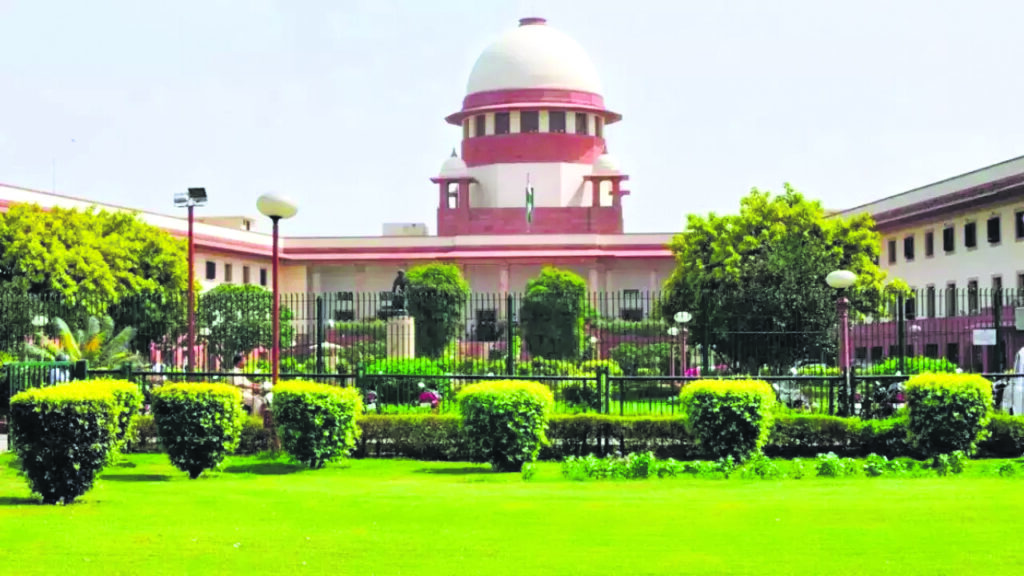Radhika Mittal
On September 6, 2024, the Supreme Court dismissed a petition that sought the provision of virtual hearings and evening courts at the district level. The bench, led by Chief Justice DY Chandrachud, along with Justices JB Pardiwala and Manoj Misra, observed that such issues are matters of policy and that uniform directions could not be imposed across all district courts due to the administrative complexities each court faces.
The petitioner, Kishan Chand Jain, suggested that virtual hearings be introduced at the district level in phases. However, CJI Chandrachud pointed out the difficulty in monitoring the large number of district courts across the country. He further remarked on the impracticality of introducing evening courts, questioning whether lawyers, who argue throughout the day, could be expected to continue into the evening.
The court emphasized that such decisions are better left to policy-makers and judicial administrators, as the complexities faced by district courts vary significantly. The Chief Justice underscored that these matters cannot be resolved with a “one size fits all” solution, given the vast diversity across India’s judicial landscape.
On the topic of ‘Virtual Courts’, the CJI reassured that such initiatives are part of the ongoing Phase 3 of the E-Courts Project, which has a government-sanctioned budget of ₹7,000 crores. The project is a crucial part of the National e-Governance Plan aimed at the digitization and ICT enablement of the judiciary at all levels. CJI Chandrachud highlighted the progress made under this project and stated that individual aspects like virtual hearings are being looked into.
The petitioner also pointed to the new criminal laws mandating digital recording of evidence, particularly under the Bharatiya Sakshya Adhiniyam 2023, stressing the necessity of virtual hearing facilities for district courts, where 75% of cases are criminal in nature. In response, the CJI reiterated the progress of Phase 3 of the E-Courts Project and explained that different High Courts are addressing these challenges individually.
In light of the complexities and ongoing work under the E-Courts Project, the court declined to entertain the petition any further and dismissed it.
Case Name: Kishan Chand Jain vs. Union Of India And Ors.
Case Number:, W.P.(C) No. 497/2024)
Bench: Chief Justice DY Chandrachud, along with Justices JB Pardiwala and Manoj Misra
Click here to access the order

